
Having and Being Had
by
Eula Biss
Published 15 Jan 2020
To be at leisure, to live a life of study and contemplation, was to enjoy true freedom. But that freedom depended on the work of women and slaves. And, as Aristotle remarked, “There is no leisure for slaves.” When time is money, as it is now, free time is never free. It’s expensive. In The Theory of the Leisure Class, Thorstein Veblen writes that leisure is a form of conspicuous consumption, with time being what is consumed. The upper class is exempt from ordinary employment under capitalism, he observes, just as the aristocracy is exempt from manual labor under feudalism. Leisure is how a class that doesn’t have to work displays its status.
…
On leisure, Kalimtzis writes, “Leisure is not preparation but an end possessed, and in fact the very word scholê, according to some scholars, may be derived from the verb echein which means to have or to possess.” Politics, Aristotle, translated by Benjamin Jowett. Digireads.com Publishing, 2017. The Theory of the Leisure Class, Thorstein Veblen. Oxford University Press, 2007. First published 1899. The Affluent Society, John Kenneth Galbraith. Mariner Books, 1998. First published 1958. THE PROTESTANT ETHIC The Protestant Ethic and the Spirit of Capitalism, Max Weber, translated by Stephen Kalberg. Oxford University Press, 2010.
…
“Children’s Risky Play from an Evolutionary Perspective: The Anti-Phobic Effects of Thrilling Experiences,” Ellen Beate Hansen Sandseter, Leif Edward Ottesen Kennair. Evolutionary Psychology, April 1, 2011. ART “Two Tramps in Mud Time,” Robert Frost. The Complete Poems of Robert Frost. Henry Holt & Co., 1949. WORK The Theory of the Leisure Class, Thorstein Veblen. Oxford University Press, 2007. First published 1899. 1493: Uncovering the New World Columbus Created, Charles C. Mann. Vintage, 2012. BARTLEBY “Bartleby the Scrivener: A Story of Wall-Street,” Herman Melville. The Piazza Tales. Dix & Edwards, 1856. “Preferring Not To: The Paradox of Passive Resistance in Herman Melville’s ‘Bartleby,’” Jane Desmarais.
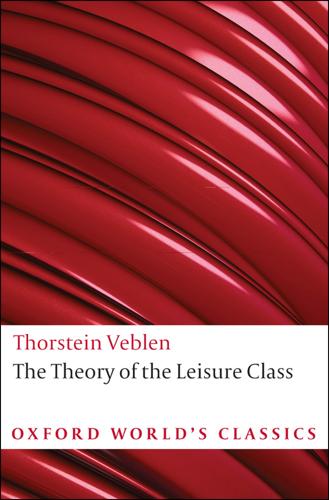
The Theory of the Leisure Class
by
Thorstein Veblen
Published 10 Oct 2007
Enquiries concerning reproduction outside the scope of the above should be sent to the Rights Department, Oxford University Press, at the address above You must not circulate this book in any other binding or cover and you must impose the same condition on any acquirer British Library Cataloguing in Publication Data Data available Library of Congress Cataloging in Publication Data Veblen, Thorstein, 1857–1929 The theory of the leisure class / Thorstein Veblen; edited with an Introduction and notes by Martha Banta. p. cm. — (Oxford world’s classics) Originally published: New York : Macmillan, 1899. Includes bibliographical references. ISBN 978–0–19–280684–0 (alk. paper) 1. Leisure class. I. Title. HB831.V4 2007 305.5’201–dc22 2007008544 Typeset by Cepha Imaging Private Ltd., Bangalore, India Printed in Great Britain on acid-free paper by Clays Ltd., St Ives plc ISBN 978–0–19–280684–0 1 3 5 7 9 10 8 6 4 2 OXFORD WORLD’S CLASSICS For over 100 years Oxford World’s Classics have brought readers closer to the world’s great literature.
…
Refer to the Table of Contents to navigate through the material in this Oxford World’s Classics ebook. Use the asterisks (*) throughout the text to access the hyperlinked Explanatory Notes. OXFORD WORLD’S CLASSICS THORSTEIN VEBLEN The Theory of the Leisure Class Edited with an Introduction and Notes by MARTHA BANTA OXFORD WORLD’S CLASSICS THE THEORY OF THE LEISURE CLASS THORSTEIN VEBLEN was born in 1857 on the Wisconsin frontier, the sixth of twelve children of Thomas and Kari Veblen who emigrated from Norway in 1847. At 17 Veblen was sent away from the family farm to Carleton College Academy, where he received his BA in 1880. In the following years Veblen followed a largely unstructured life that included an early marriage, retirement to his wife’s family farm, and on-and-off studies at Johns Hopkins, Yale, and Cornell, before he picked up two doctoral degrees—one in philosophy, the other in economics.
…
Indeed, The Theory of the Leisure Class has helped make a difference in how we respond to our apparently conventional social structures because it so forcefully illustrates the importance of the radical differences that mar smooth surfaces. Veblen’s Character Lying behind the what and the how by whose means Veblen shaped The Theory of the Leisure Class there is the nature of the man who wrote this all-important analysis of our society. Although Thorstein Veblen can be viewed as ‘a character’, more to the point is the kind of ‘character’ he possessed. Perhaps it is John Dos Passos who best fills out the spaces between the somewhat dry inventory that traces the occasional ups and frequent downs of Veblen’s life.
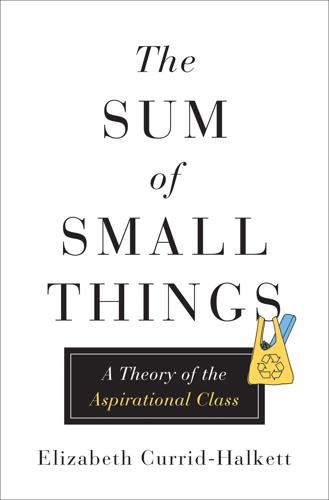
The Sum of Small Things: A Theory of the Aspirational Class
by
Elizabeth Currid-Halkett
Published 14 May 2017
Just as our work or family structure cultivates who we are, so does what we buy and the norms of behavior we learn. We must see consumption as appropriated to signal things much deeper than what is simply visible.5 THE THEORY OF THE LEISURE CLASS Perhaps no one captured and articulated the social significance of consumption better than the social critic and economist Thorstein Veblen. Written in the late 1800s, Veblen’s polemic treatise The Theory of the Leisure Class is the defining text that precisely expresses the relationship between material goods and status. At the peak of the Gilded Age, and in the wake of the triumphs of the Industrial Revolution, Veblen’s work was very much a sign of the times he lived in.
…
CHAPTER 2 Conspicuous Consumption in the Twenty-first Century It is from our disposition to admire, and consequently to imitate, the rich and the great, that they are enabled to set, or to lead what is called the fashion. Their dress is the fashionable dress; the language of their conversation, the fashionable style; their air and deportment, the fashionable behaviour. Even their vices and follies are fashionable. —Adam Smith The Theory of Moral Sentiments (1790) In The Theory of the Leisure Class, Thorstein Veblen observed that conspicuous consumption was also practiced among those outside of the rich, or what he called the “impecunious classes.” These poorer strata of society spent on nonessentials—maybe not as much as the leisure class with their silver spoons and games of croquet, but as he pointed out, from hunter and gatherer societies to the present day, most human beings have a desire to fit in and we often rely on social constructs to do so.
…
In these efforts, the aspirational class utilizes new means to demonstrate its class position. Rather than simply conspicuous consumption, this dominant cultural elite prefers to engage in conspicuous production, conspicuous leisure, and inconspicuous consumption, all of which produce much greater class stratification effects than the acquisition of material goods. Thorstein Veblen believed that conspicuous leisure would decline while conspicuous consumption would increase at a rapid pace among the rich and nouveau riche. He could not have anticipated the significant rise of the manufacturing economy, or that the middle class would not only become huge spenders but would also have access to material goods like cars, closets full of clothes, televisions, and easy credit, that were not even attainable by the rich at one point.
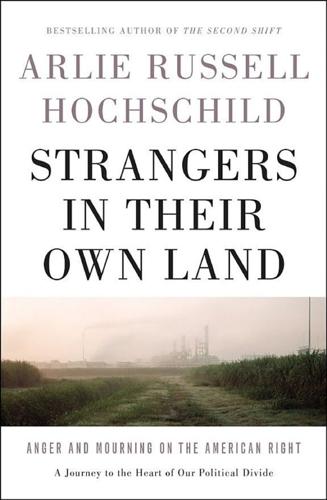
Strangers in Their Own Land: Anger and Mourning on the American Right
by
Arlie Russell Hochschild
Published 5 Sep 2016
Claims of a causal relationship between nearness to industry and illness are usually hard to prove and are not accepted in court. 110but not dangerous for “children six and under” Louisiana Department of Health and Hospitals for the Agency for Toxic Substances and Disease Registry, Health Consultation: Calcasieu Estuary Sediment Sample Evaluation, Calcasieu Parish, Louisiana, EPA Facility ID: LA0002368173 (Baton Rouge, LA: Office of Public Health, 2005). 110“Analyses reported as non-detects were analyzed using method detection limits that were higher than the comparison values used as screening tools” Louisiana Department of Health and Hospitals for the Agency for Toxic Substances and Disease Registry, Public Health Assessment, Initial/Public Comment Release, Review of Data from the 2010 EPA Mossville Site Investigation (Baton Rouge, LA: Office of Public Health, 2013). 110the report was written by one set of state officials for another The protocol was prepared by the Louisiana Department of Health and Hospitals, which collaborated with the Louisiana Department of Environmental Quality, the Louisiana Department of Agriculture and Forestry, and the Louisiana Department of Wildlife and Fisheries. 110Discard “juices which contain the fat . . . to further reduce exposure” Louisiana Department of Health and Hospitals, Louisiana Department of Environmental Quality, Louisiana Department of Agriculture and Forestry, and Louisiana Department of Wildlife and Fisheries, Protocol for Issuing Public Health Advisories for Chemical Contaminants in Recreationally Caught Fish and Shellfish (Baton Rouge, LA: Office of Public Health, 2012), 24, http://www.dhh.louisiana.gov/assets/oph/Center-EH/envepi/fishadvisory/Documents/LA_Fish_Protocol_FINAL_Feb_2012_updated_links.pdf. 114our distance from necessity tends to confer honor In The Theory of the Leisure Class, Thorstein Veblen (New York: Macmillan, 1899) noted that honor, as human beings construct and imagine it, is based on their degree of detachment from economic need and usefulness. So thin women were admired the closer they came to starvation, and thus showed they didn’t fear it. In the realm of higher learning, Veblen argued, the more abstruse or useless the topic, the more honorific.
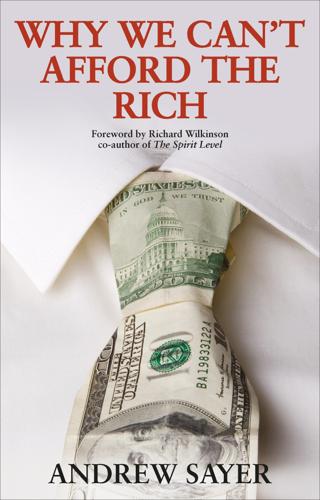
Why We Can't Afford the Rich
by
Andrew Sayer
Published 6 Nov 2014
A 5-year-old second-hand car may be half the price of a new one, but, if well maintained, the difference in its performance, comfort and reliability is minimal. Yet many are willing to pay the extra for a new one just for the recognition it brings among others for whom such things matter. In his celebrated book, The Theory of the Leisure Class, Thorstein Veblen claimed that the rich consume not merely to meet their needs but to make a statement – a ‘provocative distinction’ that sets them apart from others.11 Hence the childish competition over who has the biggest yacht, the most expensive watches, the most palatial houses, the biggest private jet(s) – or, at the bottom of the hierarchy, the most expensive trainers.
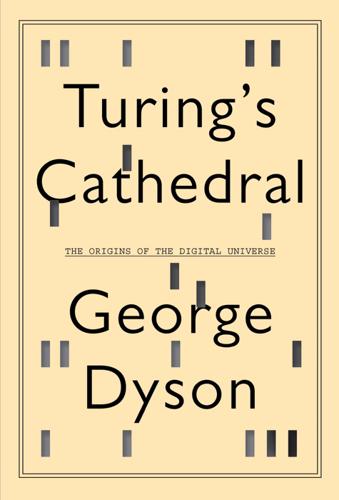
Turing's Cathedral
by
George Dyson
Published 6 Mar 2012
Determined to secure a better future in America, the Veblens sent all their children to college, including their four daughters and two subsequently distinguished sons. Andrew Veblen became a professor of mathematics and physics at the University of Iowa, while Thorstein Veblen, born in 1857, became an influential social theorist, best known for coining the phrase “conspicuous consumption” in his 1899 masterpiece The Theory of the Leisure Class. Thorstein Veblen had a Darwinian eye, sharpened by growing up on the edge of the wilderness, for the coevolution of corporations, financial instruments, and machines. Although respected as an economist, he struggled financially for much of his life, and his only significant personal investments, in the California raisin business, failed.
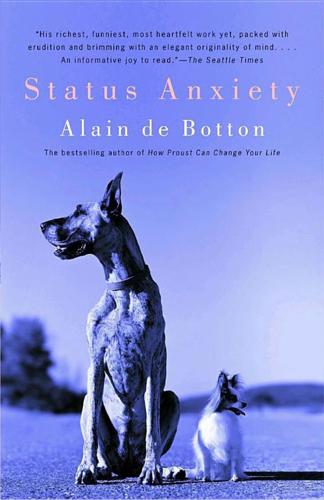
Status Anxiety
by
Alain de Botton
Published 1 Jan 2004
Furthermore, the political perspective would add, as an ideal, it is occasionally simpleminded, at times unfair and always subject to change. No aspect of this peculiar modern ideal has come under greater scrutiny than the associations it constructs between, on the one hand, wealth and virtue and, on the other, poverty and moral dubiousness. In The Theory of the Leisure Class (1899), Thorstein Veblen considered the emergence of financial worth, in the early nineteenth century, as the central and often sole criterion employed in commercial societies’evaluation of their members:“[Wealth has become] the conventional basis of esteem. Its possession has become necessary in order to have any reputable standing in the community.
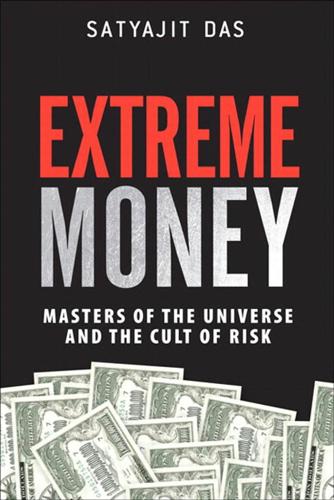
Extreme Money: Masters of the Universe and the Cult of Risk
by
Satyajit Das
Published 14 Oct 2011
For a small group, wealth provided social acceptance, power, and influence. It became a means for self-expression, a statement of status and selfhood. As F. Scott Fitzgerald observed: “Let me tell you about the very rich. They are different from you and me. They have more money.”2 In his 1899 book The Theory of the Leisure Class, Thorstein Veblen, a Norwegian-born American economist, created the term conspicuous consumption, meaning the waste of money or resources by people to establish higher status. Conspicuous leisure was the waste of time by people to achieve the same thing. By the late twentieth century, it was unnecessary even to spend money on useless things and wasteful pursuits.

The Sirens' Call: How Attention Became the World's Most Endangered Resource
by
Chris Hayes
Published 28 Jan 2025
To judge from the behaviour and the achievements of the wealthy classes to-day in any quarter of the world, the outlook is very depressing.[20] The challenge for the human race, as Keynes saw it, in the future of abundance he foresaw, would be one in which “man will be faced with his real, his permanent problem—how to use his freedom…how to occupy the leisure…for him, to live wisely and agreeably and well.”[21] As Keynes acknowledged, certain classes were already wrestling with this question. While industrial capitalism consigned millions to daily drudgery, it simultaneously made fortunes for a small elite, liberating people entirely from having to do anything at all, a massive new version of the “leisure class,” in Thorstein Veblen’s immortal coinage, whose “characteristic feature [is] a conspicuous exemption from all useful employment.”[22] * * * — I think it makes sense to understand the development of what we call modern media as arising to meet this need. Over the nineteenth and twentieth centuries, new technologies and lucrative attention markets grew up to solve the problem first of the leisure class and then everyone else in their hours of leisure: Where do I put my restless mind when I am not at work?
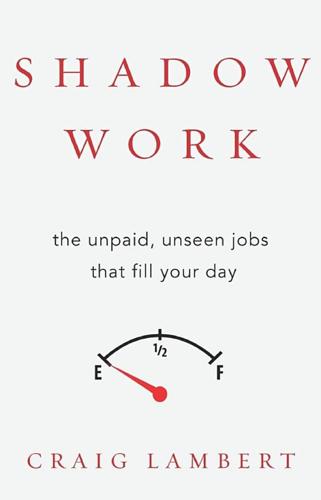
Shadow Work: The Unpaid, Unseen Jobs That Fill Your Day
by
Craig Lambert
Published 30 Apr 2015
In 2014, Elizabeth Kolbert published a thoughtful essay in The New Yorker that reflected on Keynes’ forecasts in a review of Overwhelmed: Work, Love, and Play When No One Has the Time by Brigid Schulte, a book, Kolbert wrote, that “explores why it is that twenty-first-century Americans feel so swamped.” Schulte advances several theories to explain the disappearance of leisure. One is that leisure has lost its cachet. In The Theory of the Leisure Class (1899), sociologist Thorstein Veblen argued that conspicuous leisure, like conspicuous consumption, allowed the privileged to establish, confirm, and announce their elite status. Just as lawns were originally a status symbol proving that a landowner was prosperous enough to devote acreage to merely scenic plantings, conspicuous leisure advertised the fact that the aristocrat could expend hours, even days and weeks, on nonproductive activities like fox hunting.
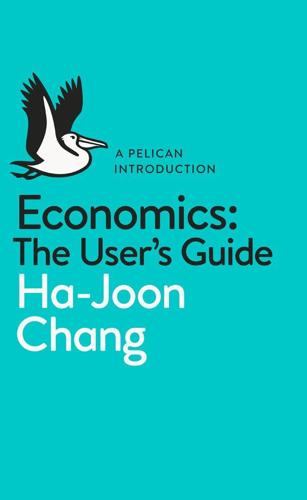
A Pelican Introduction Economics: A User's Guide
by
Ha-Joon Chang
Published 26 May 2014
* Thereby reducing its Gini coefficient to o, as it will be a perfectly equal society – of one person. * Poverty rates were 6.4 per cent in Iceland, 7.2 per cent in Luxembourg and 7.3 per cent in Finland. They were 17.4 per cent in the US, 16.0 per cent in Japan and 15.4 per cent in Spain. * The term has become famous in economics thanks to The Theory of the Leisure Class by Thorstein Veblen (whom we met in Chapter 4), a savage critique of what he called conspicuous consumption (consumption to show off one’s wealth, rather than for the pleasure of it). * The ILO defines child labour as children under the age of fifteen (or twelve, for some jobs) doing jobs that hamper their physical development and education, thereby excluding cases such as children helping with domestic chores or doing paper rounds
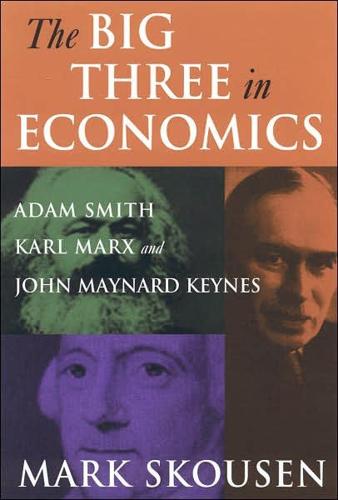
Big Three in Economics: Adam Smith, Karl Marx, and John Maynard Keynes
by
Mark Skousen
Published 22 Dec 2006
Dewey, Donald. 1987. "John Bates Clark." In The New Palgrave: A Dictionary of Economics. Vol. 1, 428-31. London: Macmillan. Diggins, John Patrick. 1996. Max Weber: Politics and the Spirit of Tragedy. New York: Basic Books. . 1999. Thorstein Veblen, Theorist of the Leisure Class. Princeton, NJ: Princeton University Press. Dorfman, Joseph. 1934. Thorstein Veblen and His America. New York: Augustus M. Kelley. Downs, Robert B. 1983. Books That Changed the World. 2d ed. New York: Penguin. D'Souza, Dinesh. 2005. "How Capitalism Civilizes Greed." www.dineshdsouza. com/articles/civilizinggreed.html. Dobbs, Zygmund. 1962.
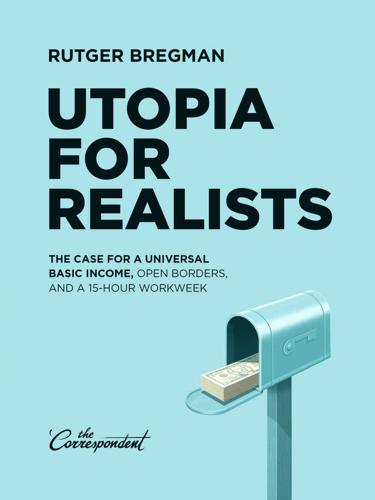
Utopia for Realists: The Case for a Universal Basic Income, Open Borders, and a 15-Hour Workweek
by
Rutger Bregman
Published 13 Sep 2014
We’re even willing to trade in precious purchasing power for more free time.49 It is worth noting, however, that the line between work and leisure has blurred in recent times. Work is now often perceived as a kind of hobby, or even as the very crux of our identity. In his classic book The Theory of the Leisure Class (1899), the sociologist Thorstein Veblen still described leisure as the badge of the elite. But things that used to be categorized as leisure (art, sports, science, care, philanthropy) are now classed as work. Clearly, our modern Land of Plenty still features plenty of badly paid, crummy jobs. And the jobs that do pay well are often viewed as not being particularly useful.
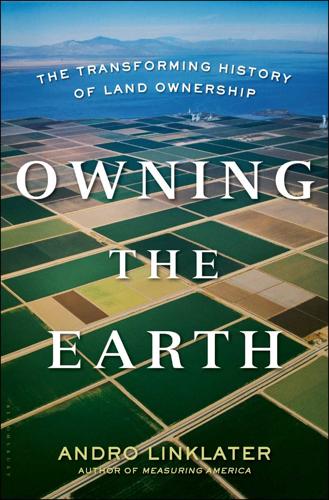
Owning the Earth: The Transforming History of Land Ownership
by
Andro Linklater
Published 12 Nov 2013
“part of the Greater Britain”: quoted in Belchin, Replenishing the Earth, 481. “a projection of the nineteenth century’s fear”: Alan Greenspan’s defense of monopolies appeared in a paper given at the Antitrust Seminar of the National Association of Business Economists, Cleveland, September 25, 1961. “conspicuous consumption”: In Theory of the Leisure Class by Thorstein Veblen. Fairford, United Kindom: Echo, 2007, 33–36, and ch. 4 passim. “It’s part of him. . . .”: in The Grapes of Wrath by John Steinbeck. (New York: Barnes & Noble, 1997), 35. Chapter Seventeen: State Capitalism The birth of the new Prussia: German reform, see History of Germany 1780–1919: The Long Nineteenth Century by David Blackbourn (Oxford: Blackwell, 2003), 81–84.
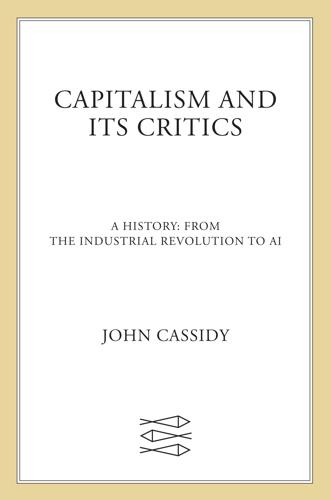
Capitalism and Its Critics: A History: From the Industrial Revolution to AI
by
John Cassidy
Published 12 May 2025
John Cummings, “The Theory of the Leisure Class,” The Journal of Political Economy 7, no. 4 (September 1899), 425–55, https://www.jstor.org/stable/1817954. 59. Cummings, “Theory of the Leisure Class,” 432. 60. Cummings, “Theory of the Leisure Class,” 441, 443. 61. Camic, Veblen, 10–11. 62. Cummings, “Theory of the Leisure Class,” 443–44. 63. Thorstein Veblen, “Mr. Cummings’s Strictures on ‘The Theory of the Leisure Class,’” The Journal of Political Economy 8, no. 1 (December 1899), 106–17. 64. Camic, Veblen, 321–22. 65. Thorstein Veblen, The Theory of Business Enterprise (New York: C. Scribner’s Sons, 1904; 2016 reprint), 18. 66.
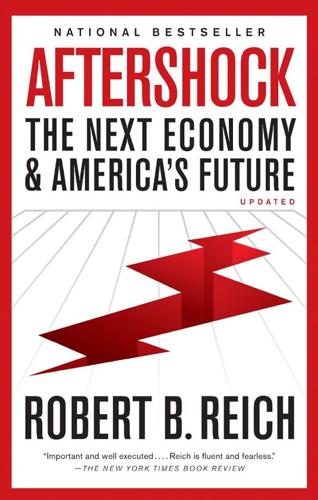
Aftershock: The Next Economy and America's Future
by
Robert B. Reich
Published 21 Sep 2010
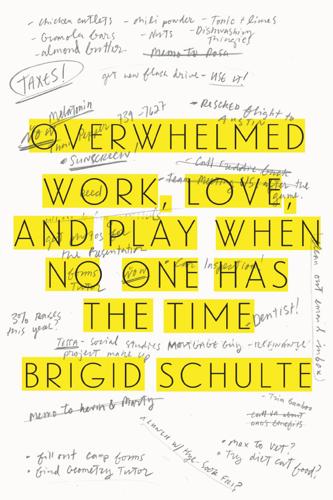
Overwhelmed: Work, Love, and Play When No One Has the Time
by
Brigid Schulte
Published 11 Mar 2014
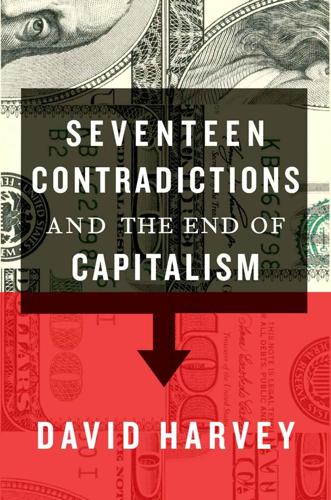
Seventeen Contradictions and the End of Capitalism
by
David Harvey
Published 3 Apr 2014
‘Economic rationality needed continually to raise the level of consumption without raising the rate of satisfaction; to push back the frontier of the sufficient, to maintain the impression that there could not be enough for everyone.’ The stratification of consumption, in which the consumerism of an affluent and parasitic leisure class called the shots and led the way, became crucial to ensuring the realisation of value. This is what Thorstein Veblen’s Theory of the Leisure Class, published back in 1899, so brilliantly exposed. But what we now know is that if such a class did not already exist it would have to be invented.8 An alienating consumerism is needed to solve the dilemma of a sagging effective demand produced by wage repressions and technologically induced unemployment for the mass of the workers.
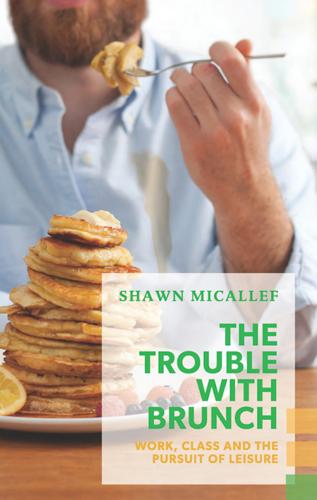
The Trouble With Brunch: Work, Class and the Pursuit of Leisure
by
Shawn Micallef
Published 10 Jun 2014
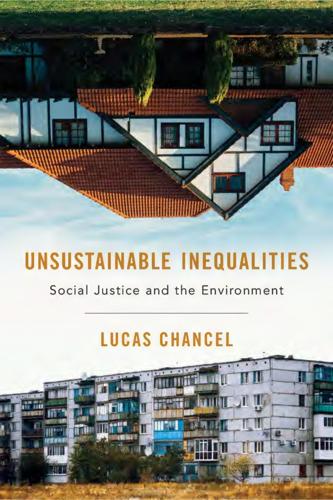
Unsustainable Inequalities: Social Justice and the Environment
by
Lucas Chancel
Published 15 Jan 2020
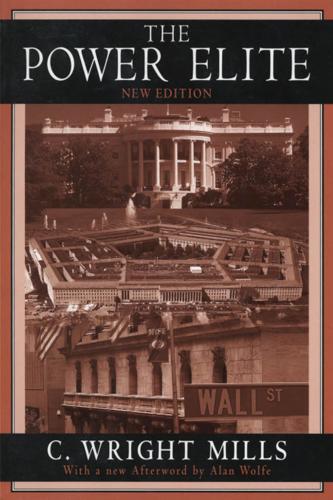
The Power Elite
by
C. Wright Mills
and
Alan Wolfe
Published 1 Jan 1956
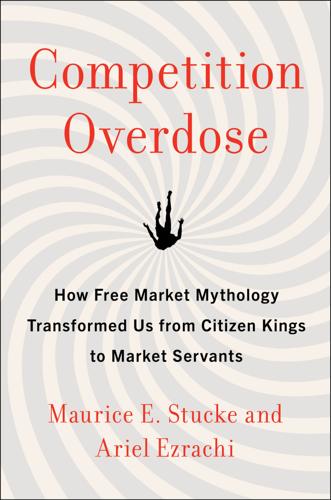
Competition Overdose: How Free Market Mythology Transformed Us From Citizen Kings to Market Servants
by
Maurice E. Stucke
and
Ariel Ezrachi
Published 14 May 2020
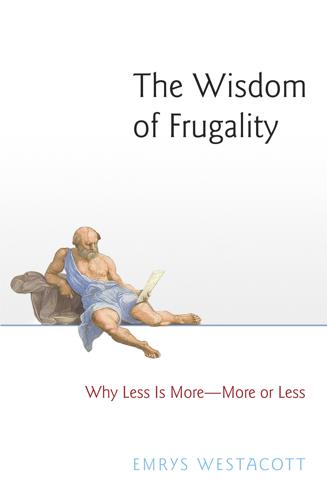
The Wisdom of Frugality: Why Less Is More - More or Less
by
Emrys Westacott
Published 14 Apr 2016
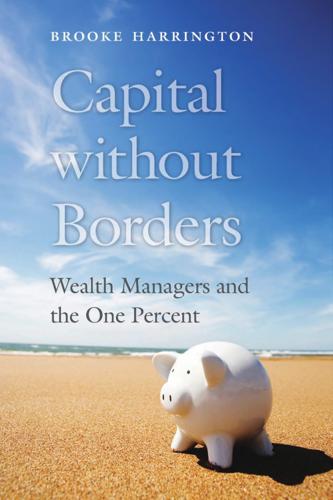
Capital Without Borders
by
Brooke Harrington
Published 11 Sep 2016
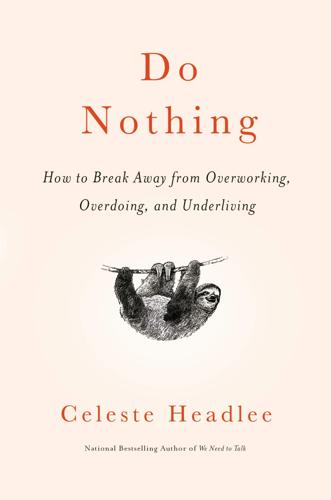
Do Nothing: How to Break Away From Overworking, Overdoing, and Underliving
by
Celeste Headlee
Published 10 Mar 2020
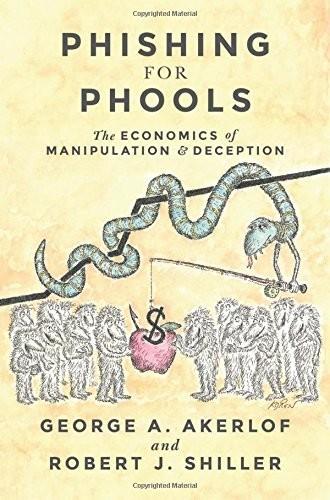
Phishing for Phools: The Economics of Manipulation and Deception
by
George A. Akerlof
,
Robert J. Shiller
and
Stanley B Resor Professor Of Economics Robert J Shiller
Published 21 Sep 2015
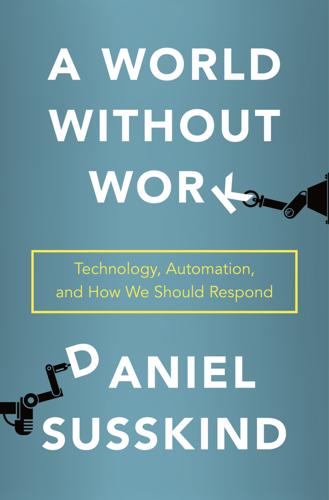
A World Without Work: Technology, Automation, and How We Should Respond
by
Daniel Susskind
Published 14 Jan 2020
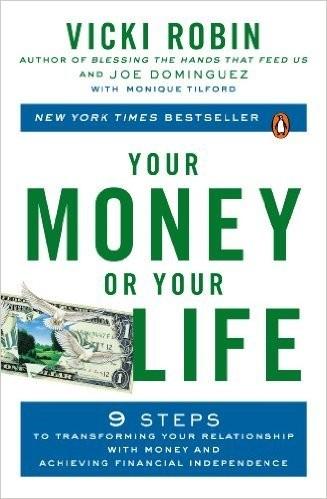
Your Money or Your Life: 9 Steps to Transforming Your Relationship With Money and Achieving Financial Independence: Revised and Updated for the 21st Century
by
Vicki Robin
,
Joe Dominguez
and
Monique Tilford
Published 31 Aug 1992
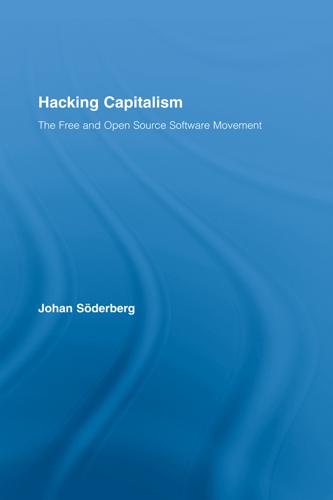
Hacking Capitalism
by
Söderberg, Johan; Söderberg, Johan;
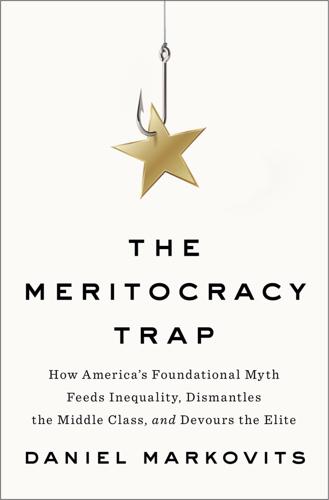
The Meritocracy Trap: How America's Foundational Myth Feeds Inequality, Dismantles the Middle Class, and Devours the Elite
by
Daniel Markovits
Published 14 Sep 2019
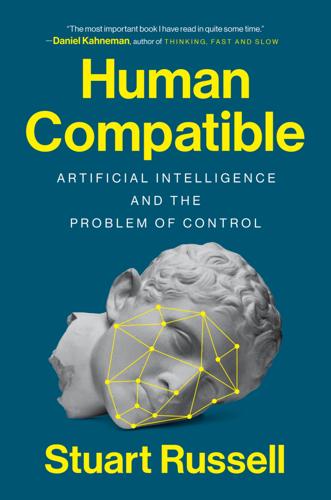
Human Compatible: Artificial Intelligence and the Problem of Control
by
Stuart Russell
Published 7 Oct 2019
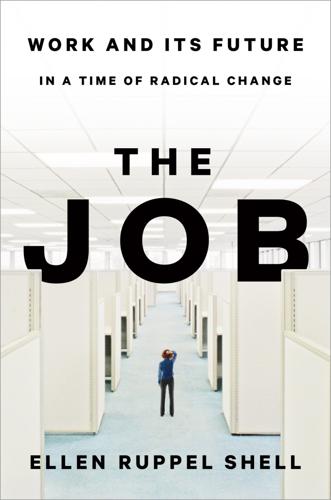
The Job: The Future of Work in the Modern Era
by
Ellen Ruppel Shell
Published 22 Oct 2018
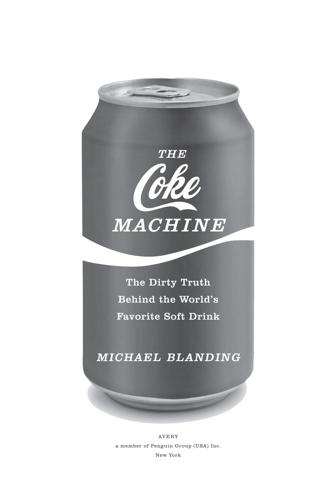
The Coke Machine: The Dirty Truth Behind the World's Favorite Soft Drink
by
Michael Blanding
Published 14 Jun 2010
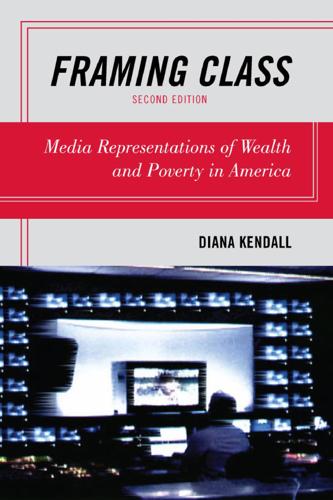
Framing Class: Media Representations of Wealth and Poverty in America
by
Diana Elizabeth Kendall
Published 27 Jul 2005
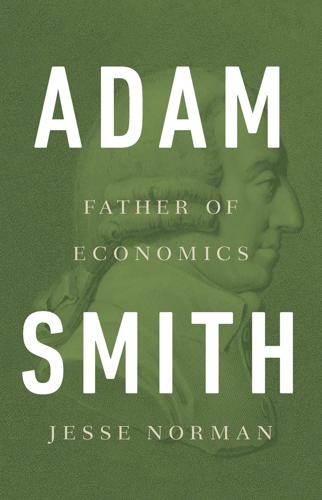
Adam Smith: Father of Economics
by
Jesse Norman
Published 30 Jun 2018
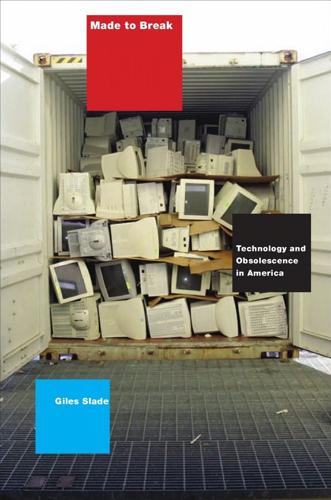
Made to Break: Technology and Obsolescence in America
by
Giles Slade
Published 14 Apr 2006
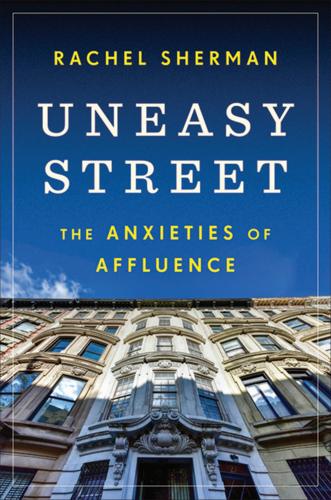
Uneasy Street: The Anxieties of Affluence
by
Rachel Sherman
Published 21 Aug 2017
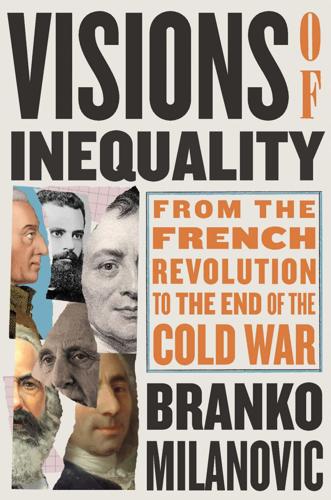
Visions of Inequality: From the French Revolution to the End of the Cold War
by
Branko Milanovic
Published 9 Oct 2023
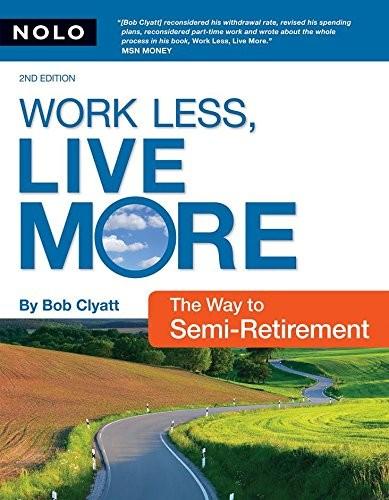
Work Less, Live More: The Way to Semi-Retirement
by
Robert Clyatt
Published 28 Sep 2007
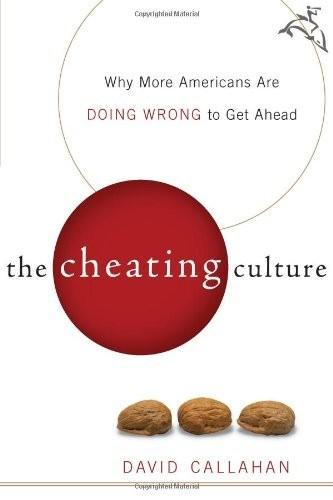
The Cheating Culture: Why More Americans Are Doing Wrong to Get Ahead
by
David Callahan
Published 1 Jan 2004
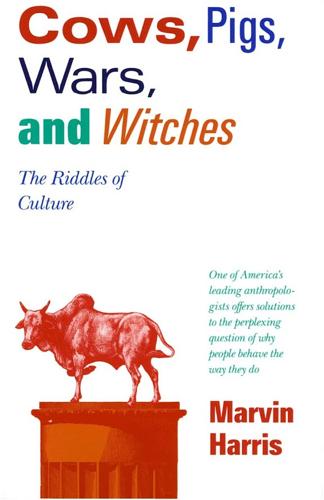
Cows, Pigs, Wars, and Witches: The Riddles of Culture
by
Marvin Harris
Published 1 Dec 1974
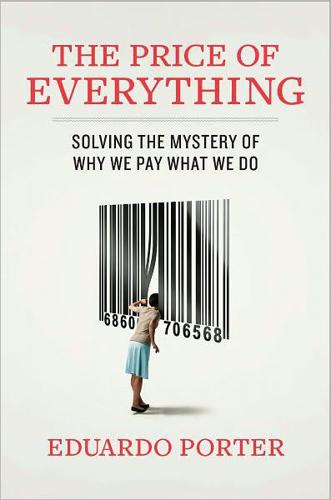
The Price of Everything: And the Hidden Logic of Value
by
Eduardo Porter
Published 4 Jan 2011
But it is hard to argue that the number alone merits a premium of $13,999,905 over the standard fee for a regular license plate. This behavior is surprisingly common, however. Paying high prices for pointless trinkets is just an expensive way to show off. In his famous Theory of the Leisure Class, the nineteenth-century American social theorist Thorstein Veblen argued that the rich engaged in what he dubbed “conspicuous consumption” to signal their power and superiority to those around them. In the 1970s, the French sociologist Pierre Bourdieu wrote that aesthetic choices served as social markers for those in power to signal their superiority and set themselves apart from inferior groups.
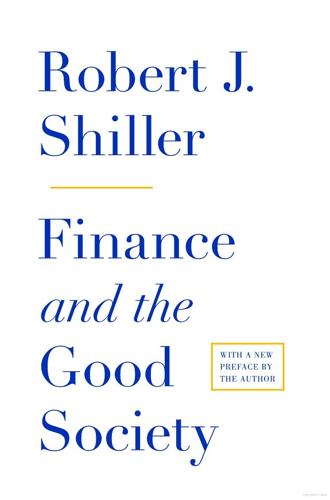
Finance and the Good Society
by
Robert J. Shiller
Published 1 Jan 2012
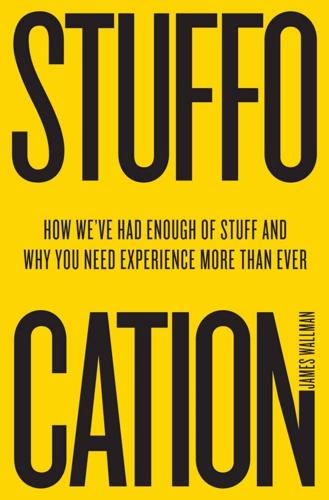
Stuffocation
by
James Wallman
Published 6 Dec 2013
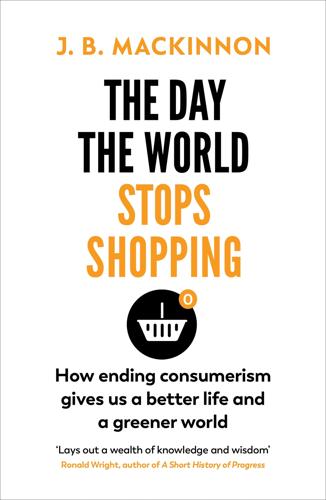
The Day the World Stops Shopping
by
J. B. MacKinnon
Published 14 May 2021
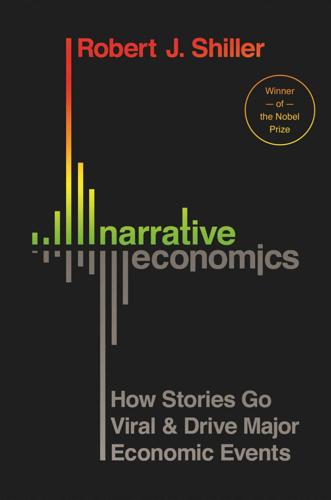
Narrative Economics: How Stories Go Viral and Drive Major Economic Events
by
Robert J. Shiller
Published 14 Oct 2019
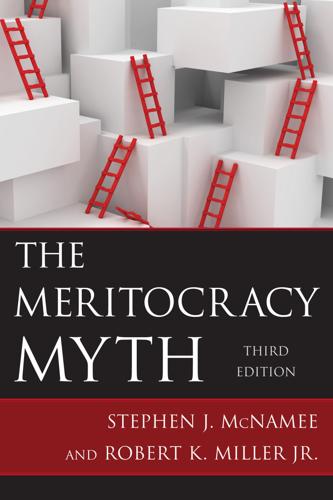
The Meritocracy Myth
by
Stephen J. McNamee
Published 17 Jul 2013
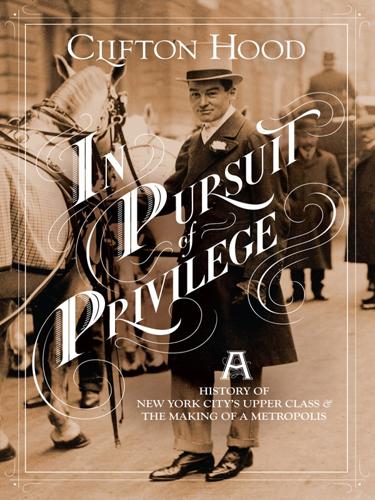
In Pursuit of Privilege: A History of New York City's Upper Class and the Making of a Metropolis
by
Clifton Hood
Published 1 Nov 2016
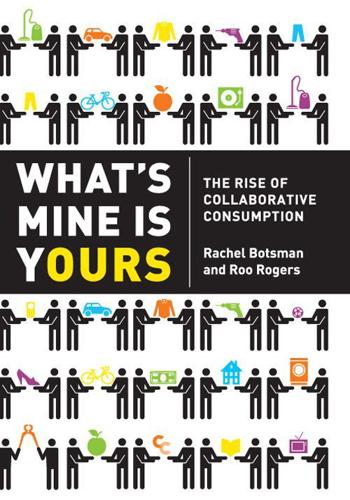
What's Mine Is Yours: How Collaborative Consumption Is Changing the Way We Live
by
Rachel Botsman
and
Roo Rogers
Published 2 Jan 2010
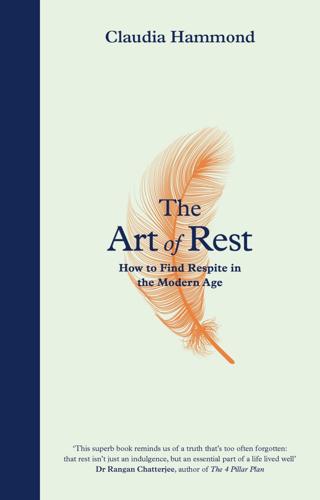
The Art of Rest: How to Find Respite in the Modern Age
by
Claudia Hammond
Published 5 Dec 2019
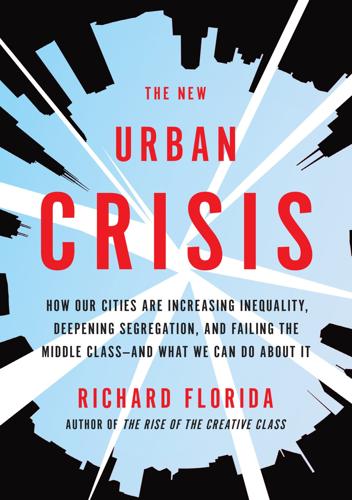
The New Urban Crisis: How Our Cities Are Increasing Inequality, Deepening Segregation, and Failing the Middle Class?and What We Can Do About It
by
Richard Florida
Published 9 May 2016
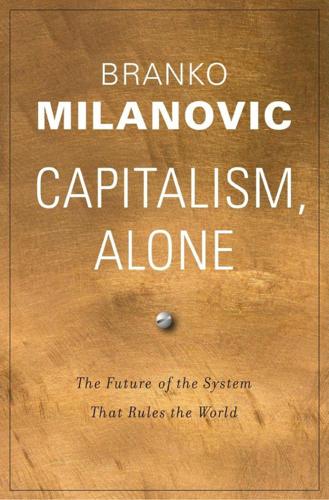
Capitalism, Alone: The Future of the System That Rules the World
by
Branko Milanovic
Published 23 Sep 2019
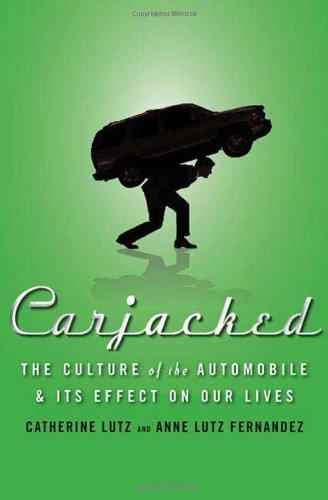
Carjacked: The Culture of the Automobile and Its Effect on Our Lives
by
Catherine Lutz
and
Anne Lutz Fernandez
Published 5 Jan 2010
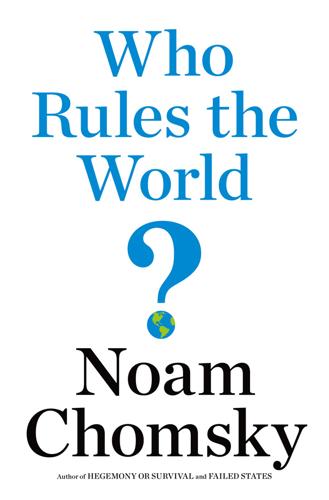
Who Rules the World?
by
Noam Chomsky

Never Let a Serious Crisis Go to Waste: How Neoliberalism Survived the Financial Meltdown
by
Philip Mirowski
Published 24 Jun 2013

Technological Revolutions and Financial Capital: The Dynamics of Bubbles and Golden Ages
by
Carlota Pérez
Published 1 Jan 2002
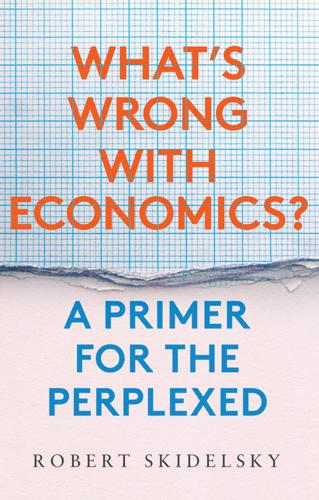
What's Wrong With Economics: A Primer for the Perplexed
by
Robert Skidelsky
Published 3 Mar 2020
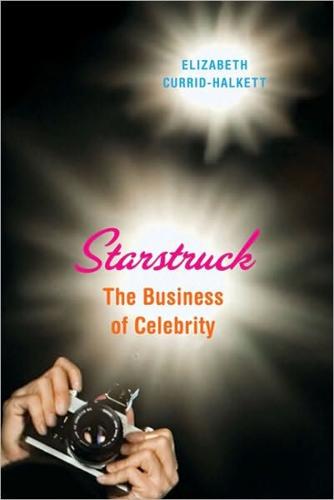
Starstruck: The Business of Celebrity
by
Currid
Published 9 Nov 2010
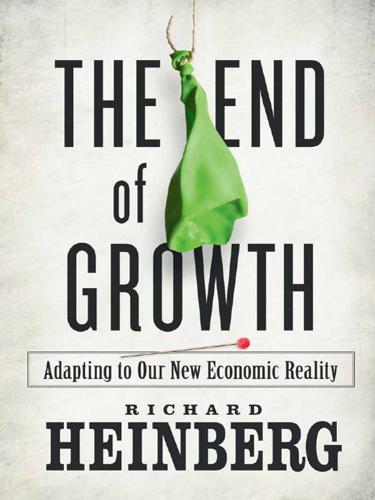
The End of Growth: Adapting to Our New Economic Reality
by
Richard Heinberg
Published 1 Jun 2011
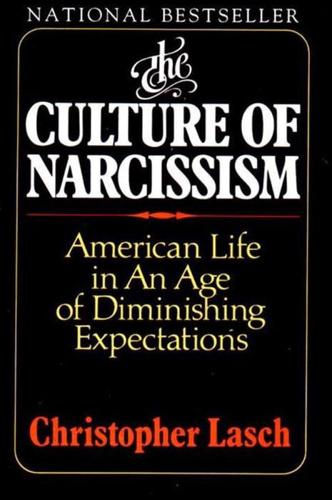
The Culture of Narcissism: American Life in an Age of Diminishing Expectations
by
Christopher Lasch
Published 1 Jan 1978
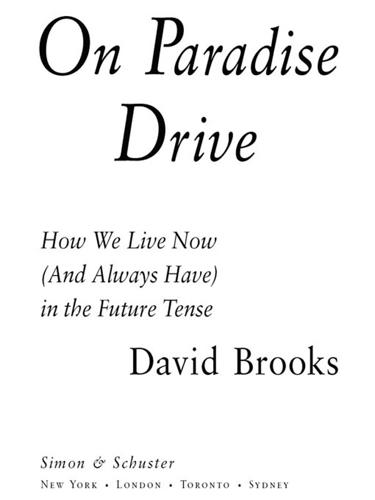
On Paradise Drive: How We Live Now (And Always Have) in the Future Tense
by
David Brooks
Published 2 Jun 2004
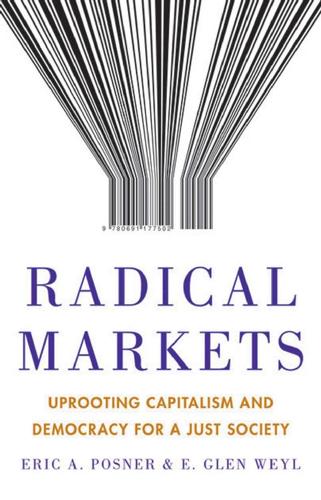
Radical Markets: Uprooting Capitalism and Democracy for a Just Society
by
Eric Posner
and
E. Weyl
Published 14 May 2018
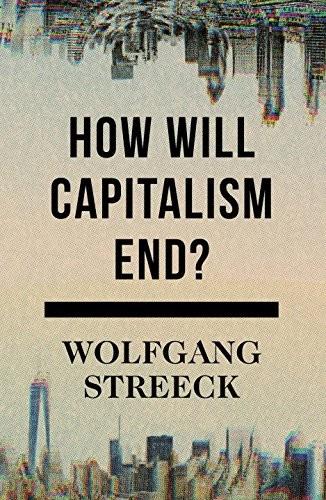
How Will Capitalism End?
by
Wolfgang Streeck
Published 8 Nov 2016
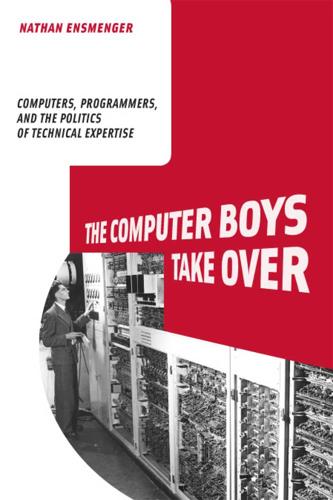
The Computer Boys Take Over: Computers, Programmers, and the Politics of Technical Expertise
by
Nathan L. Ensmenger
Published 31 Jul 2010

Naked City: The Death and Life of Authentic Urban Places
by
Sharon Zukin
Published 1 Dec 2009
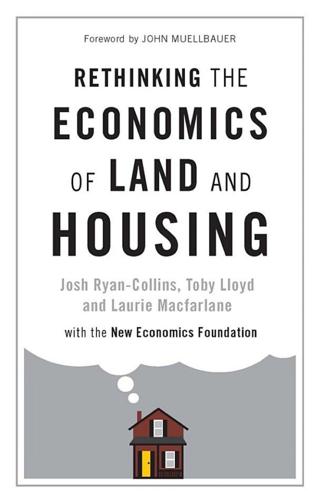
Rethinking the Economics of Land and Housing
by
Josh Ryan-Collins
,
Toby Lloyd
and
Laurie Macfarlane
Published 28 Feb 2017
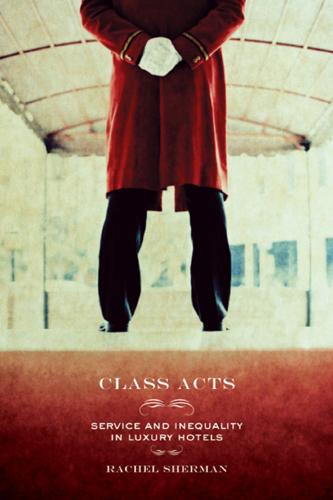
Class Acts: Service and Inequality in Luxury Hotels
by
Rachel Sherman
Published 18 Dec 2006
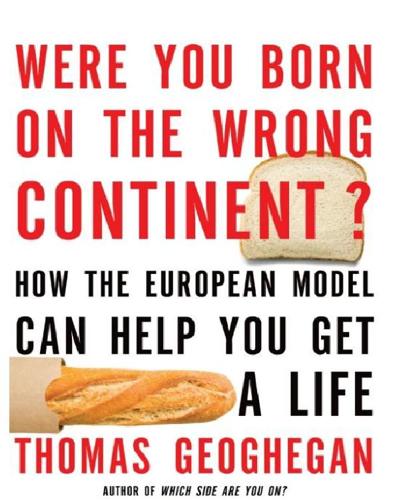
Were You Born on the Wrong Continent?
by
Thomas Geoghegan
Published 20 Sep 2011
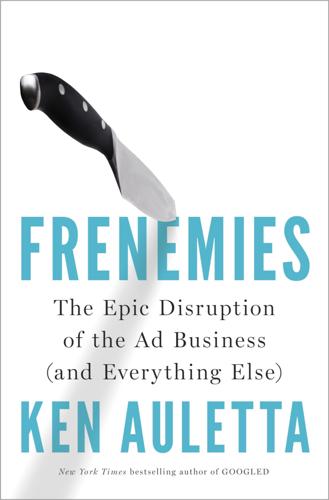
Frenemies: The Epic Disruption of the Ad Business
by
Ken Auletta
Published 4 Jun 2018
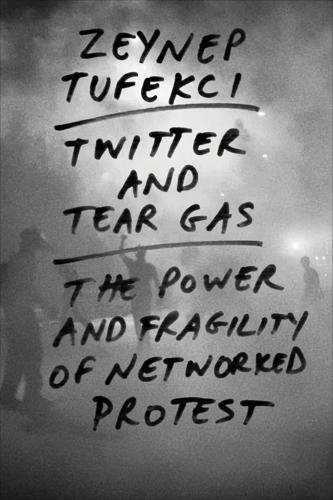
Twitter and Tear Gas: The Power and Fragility of Networked Protest
by
Zeynep Tufekci
Published 14 May 2017
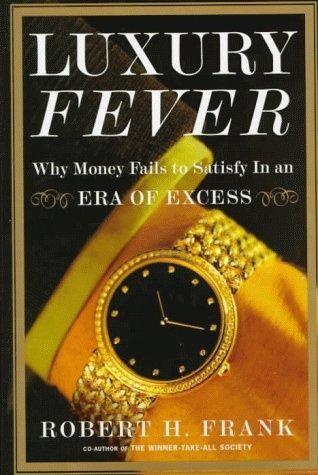
Luxury Fever: Why Money Fails to Satisfy in an Era of Excess
by
Robert H. Frank
Published 15 Jan 1999
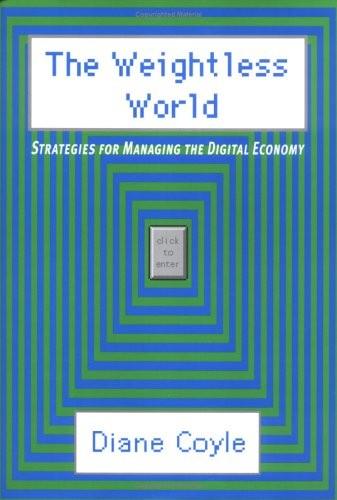
The Weightless World: Strategies for Managing the Digital Economy
by
Diane Coyle
Published 29 Oct 1998
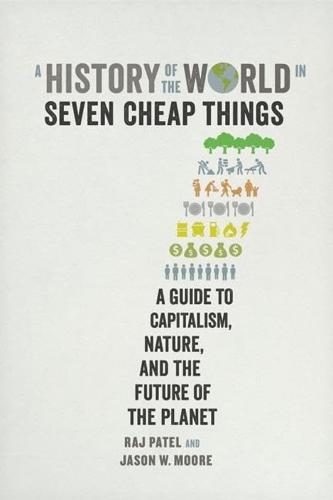
A History of the World in Seven Cheap Things: A Guide to Capitalism, Nature, and the Future of the Planet
by
Raj Patel
and
Jason W. Moore
Published 16 Oct 2017
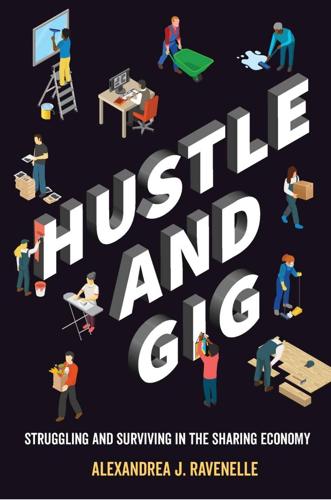
Hustle and Gig: Struggling and Surviving in the Sharing Economy
by
Alexandrea J. Ravenelle
Published 12 Mar 2019
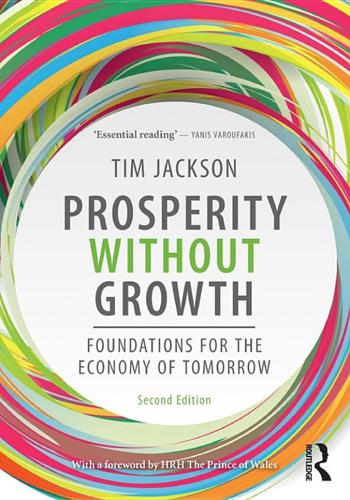
Prosperity Without Growth: Foundations for the Economy of Tomorrow
by
Tim Jackson
Published 8 Dec 2016
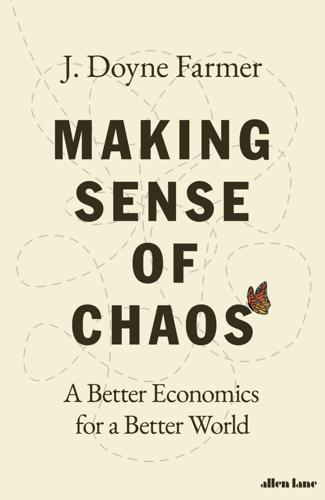
Making Sense of Chaos: A Better Economics for a Better World
by
J. Doyne Farmer
Published 24 Apr 2024
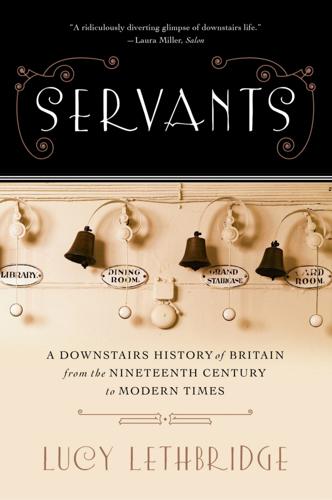
Servants: A Downstairs History of Britain From the Nineteenth Century to Modern Times
by
Lucy Lethbridge
Published 18 Nov 2013
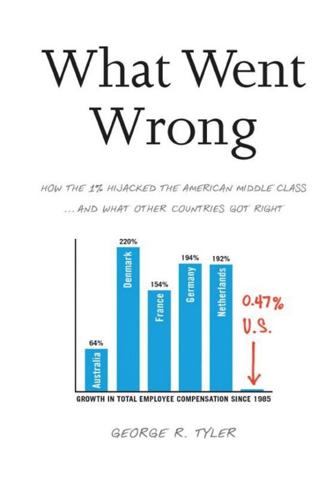
What Went Wrong: How the 1% Hijacked the American Middle Class . . . And What Other Countries Got Right
by
George R. Tyler
Published 15 Jul 2013
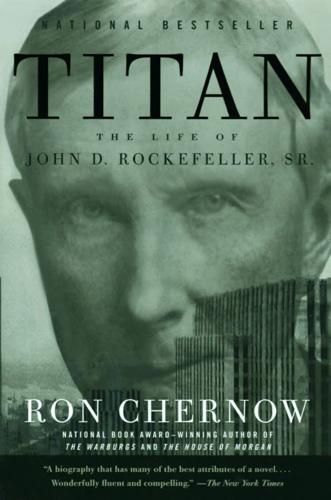
Titan: The Life of John D. Rockefeller, Sr.
by
Ron Chernow
Published 1 Jan 1997
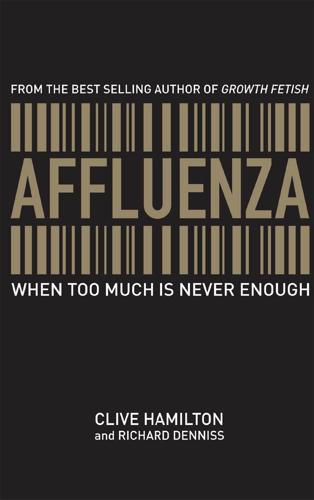
Affluenza: When Too Much Is Never Enough
by
Clive Hamilton
and
Richard Denniss
Published 31 May 2005
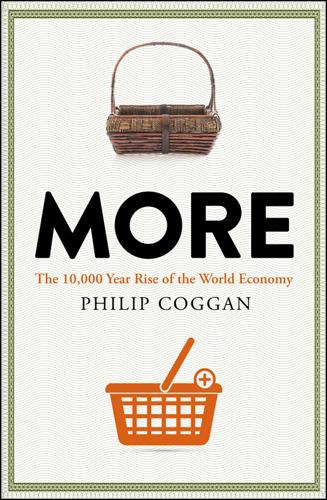
More: The 10,000-Year Rise of the World Economy
by
Philip Coggan
Published 6 Feb 2020
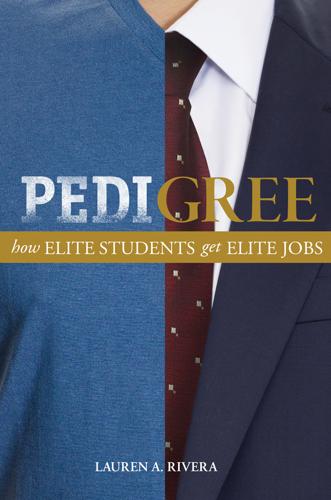
Pedigree: How Elite Students Get Elite Jobs
by
Lauren A. Rivera
Published 3 May 2015
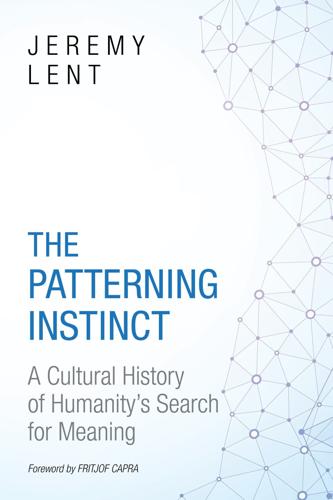
The Patterning Instinct: A Cultural History of Humanity's Search for Meaning
by
Jeremy Lent
Published 22 May 2017
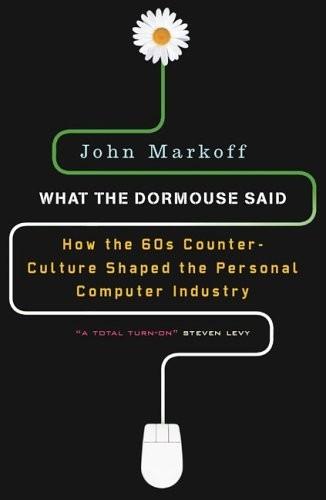
What the Dormouse Said: How the Sixties Counterculture Shaped the Personal Computer Industry
by
John Markoff
Published 1 Jan 2005
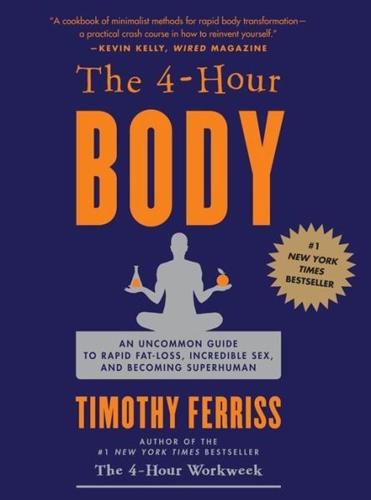
The 4-Hour Body: An Uncommon Guide to Rapid Fat-Loss, Incredible Sex, and Becoming Superhuman
by
Timothy Ferriss
Published 1 Dec 2010
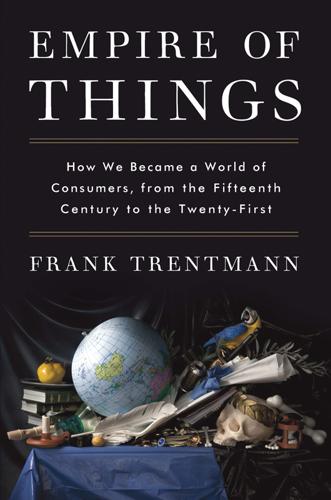
Empire of Things: How We Became a World of Consumers, From the Fifteenth Century to the Twenty-First
by
Frank Trentmann
Published 1 Dec 2015
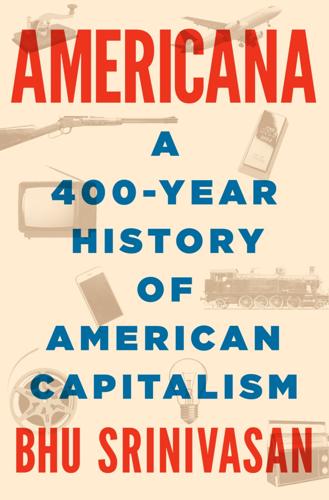
Americana: A 400-Year History of American Capitalism
by
Bhu Srinivasan
Published 25 Sep 2017

Americana
by
Bhu Srinivasan
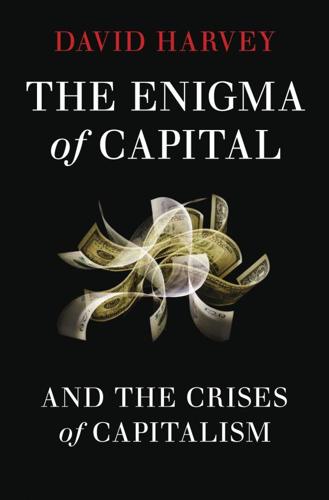
The Enigma of Capital: And the Crises of Capitalism
by
David Harvey
Published 1 Jan 2010
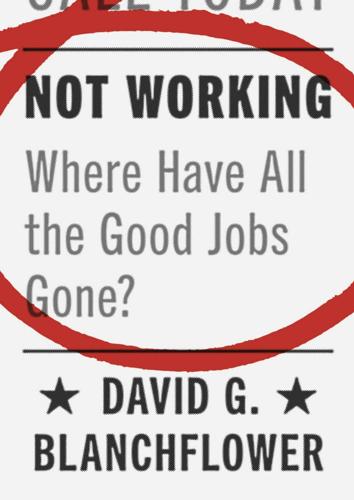
Not Working: Where Have All the Good Jobs Gone?
by
David G. Blanchflower
Published 12 Apr 2021
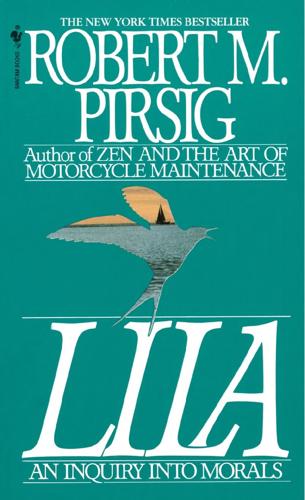
Lila: An Inquiry Into Morals
by
Robert M. Pirsig
Published 1 Jan 1991
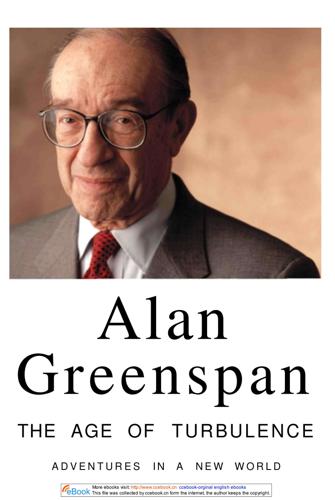
The Age of Turbulence: Adventures in a New World (Hardback) - Common
by
Alan Greenspan
Published 14 Jun 2007
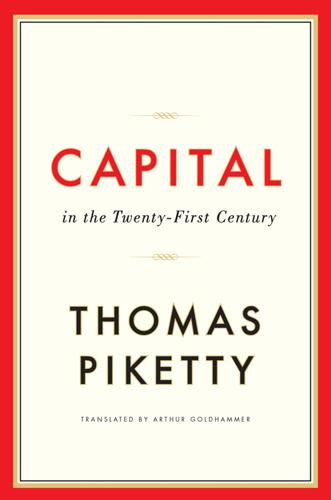
Capital in the Twenty-First Century
by
Thomas Piketty
Published 10 Mar 2014